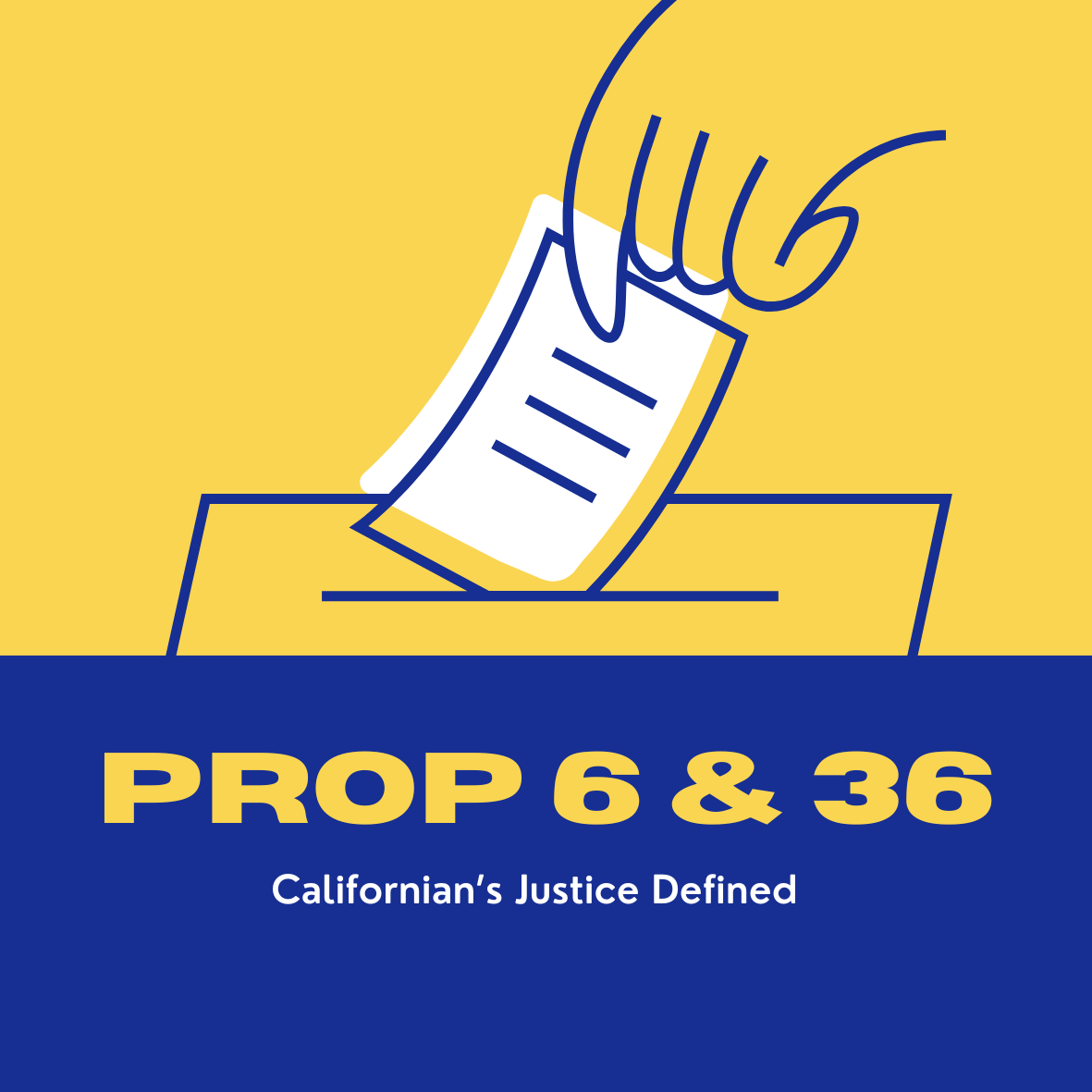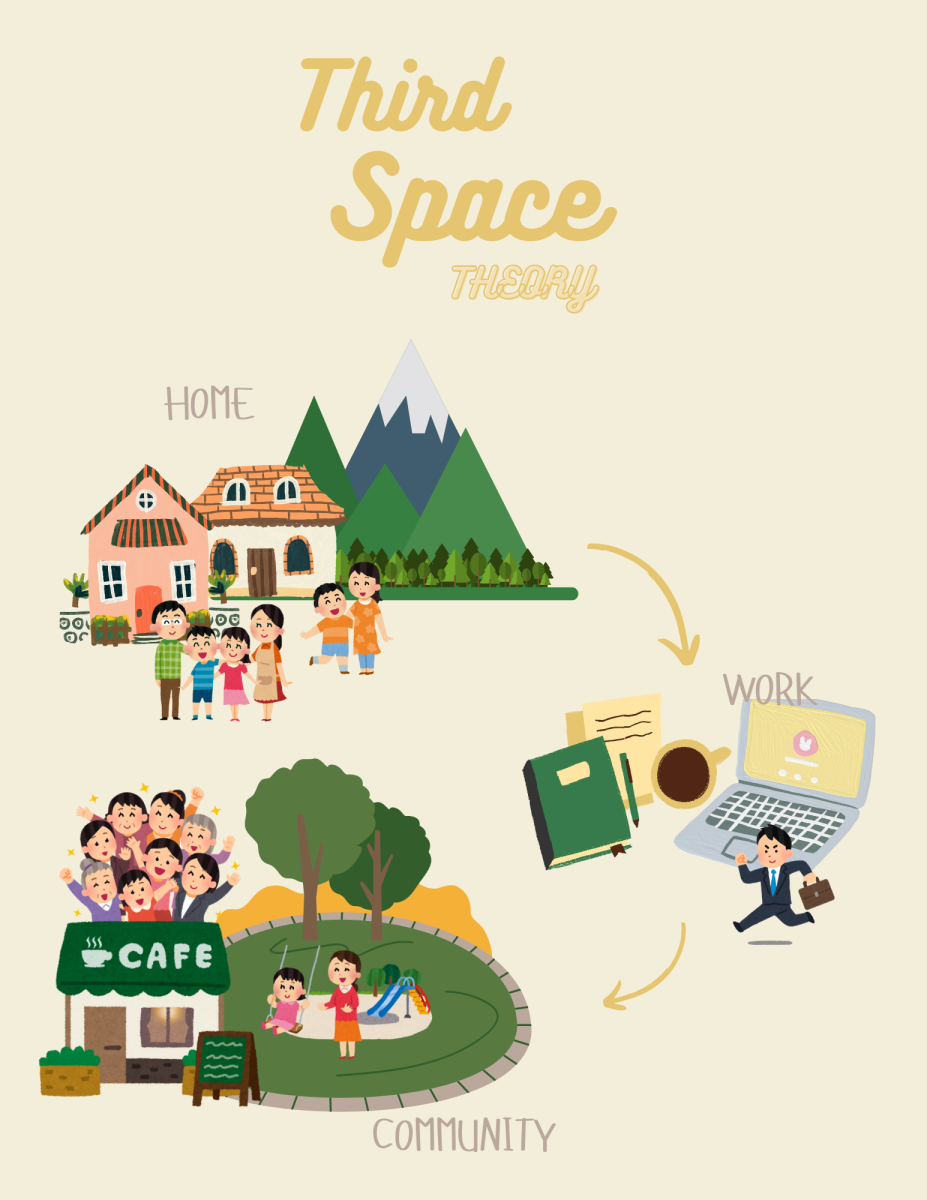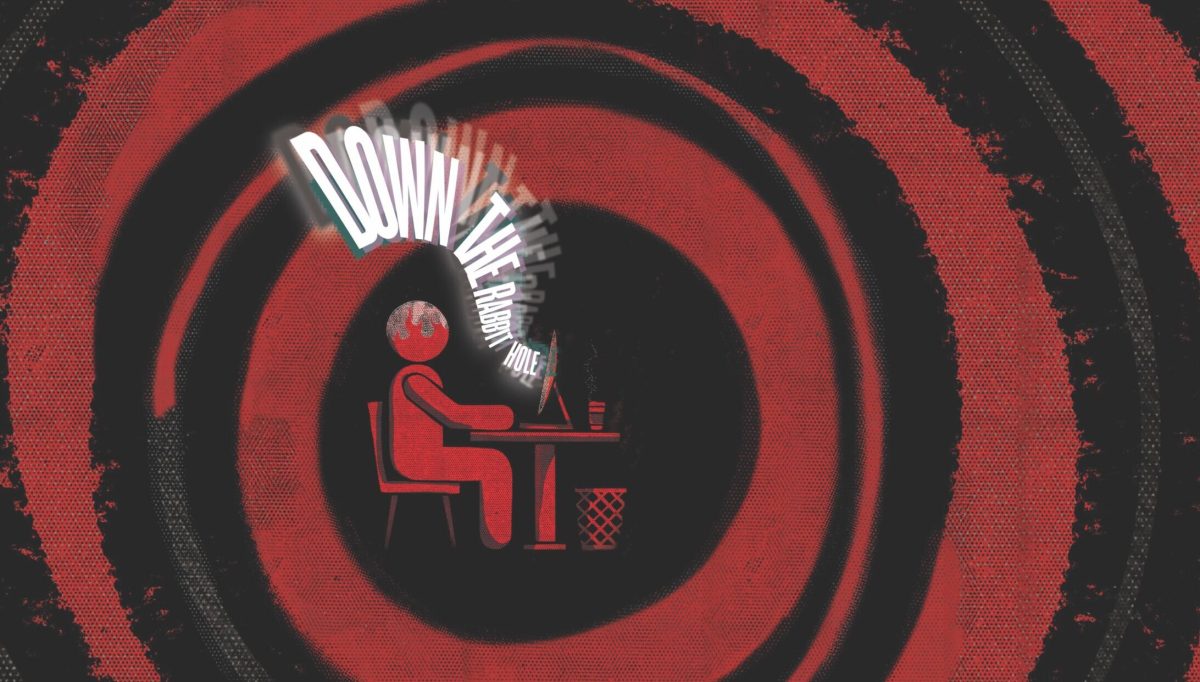Editor’s Note: Sponsored Content
I’m graduating soon, have a job lined up, and will be moving to a new city in the summer. I’m also starting to realize that I’m kind of clueless about personal finance. I’ve been using credit cards and student loans to fund my lifestyle for the past four years, but now I’m drowning in debt and it’s starting to hit me that I’m going to have to get more serious about my finances in my twenties. I feel like a lot of other students and recent grads might be in the same situation.
I learned a lot of valuable things in school, and all in all, I loved my college experience. But aside from my parents and my financial aid advisor, I haven’t really spoken to anyone about how to manage my finances in the real world. I guess the truth is, I don’t feel adequately prepared. Hiring an accountant seems expensive, and I don’t know if it’s necessary for a young person. Since I have debts, should I be contacting a tax attorney? What is the best course of action?
You have brought up some interesting points about collegiate versus post-grad finances that deserve some open and honest discussion. When you’re in school, it can be very easy to brush off financial issues since the general consensus is that everyone is “college broke.”
The expectation for most students is that they will struggle a bit financially during their post-secondary years, and it’s true that university life can be a bit of a safeguard against “the real world,” where financial crises can make or break your life rather than simply force you to bring in a third roommate to help you pay your rent. Universities encourage hitting the books rather than hustling; if students do take on the added responsibility of work, it’s not likely to be full time.
Many students who had previously insulated themselves from worrying too much about their finances suddenly find themselves faced with real-world consequences upon graduation. You are definitely not alone in this. If it makes you feel better, most active college students are using credit cards, and a surprising majority of them are maxing them out just as quickly as they are making impulse buys at Sephora.
The problems arise when those same students graduate and move into the workforce. Suddenly, students with a wealth of knowledge gained from four years of intensive, focused study in a degree program begin to realize they don’t know the first thing about personal finance— a practical and valuable subject that is sadly overlooked in most, if not all, universities. Actually, many experts are suggesting that financial literacy be taught at the high school level, since most Canadians get their first part-time jobs in their teens.
The good news is that most debt is manageable, and young people in the professional corporate world are aware of the dangers of debt. In Canada, there are eight main ways to consolidate debt. If you are feeling burdened by your debt, a debt consolidation loan is an option you can look into.
On the other hand, payday loans provide fast solutions for time-sensitive financial crises. If you need money now (for instance, in preparation for your upcoming move), online payday loans offer loans up to $700 and have a very quick and easy registration process.
To pivot back to your initial question, unless you have been called by the Canada Revenue Agency for an audit, it’s unlikely you’ll require the services of a tax attorney, as they primarily negotiate settlements with the CRA. If you have been filing your taxes properly, you shouldn’t be concerned about getting in any legal trouble.
However, if you are afraid of getting overwhelmed by your money once you’ve moved away and started your new life without the parental safety net, hiring a personal accountant may be helpful for you. With the guidance of a bookkeeper, you can keep track of your bank and credit card statements.




























































